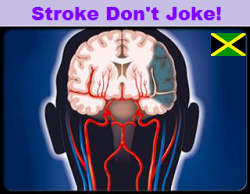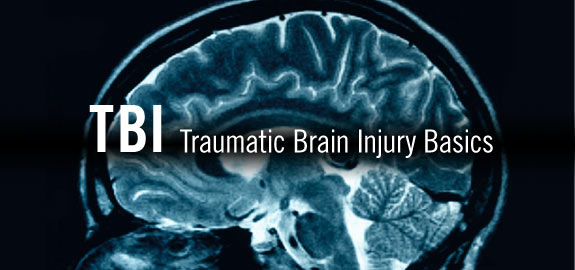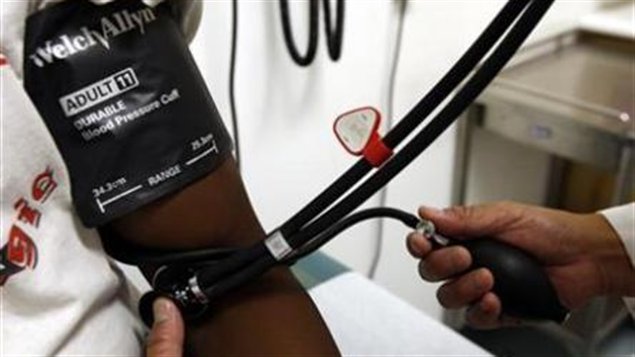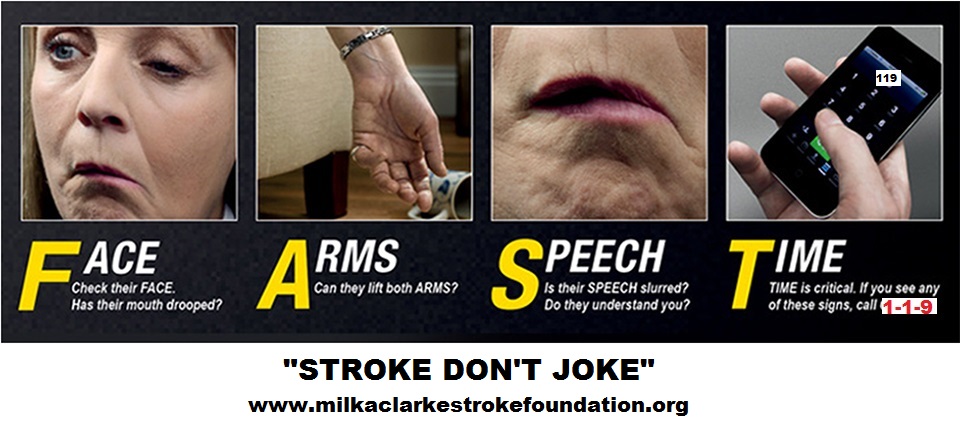What is Incontinence?
Incontinence will either be called urinary incontinence, referring to bladder control, or fecal incontinence, referring to bowel control. Urinary incontinence is more common than fecal incontinence among stroke survivors.
Can Incontinence be treated?
In many cases incontinence is overcome in a relatively short period after a stroke. This can happen as a natural part of the recovery process or as a result of treatment or therapy. Treatment options include:
- Medication
- Bladder and bowel training
- Surgery
- Use of a catheter
- Behavioral and physical therapies
Individualized strategies for overcoming incontinence can be determined by a healthcare professional conducting an evaluation. Early diagnosis and treatment are important to prevent possible complications such as urinary tract infections or skin breakdown.
Some people, particularly the elderly, live with chronic incontinence. In some cases, especially with fecal incontinence, modifying bowel habits, diet, and fluid intake can minimize the number of bowel movement accidents.
Bladder and bowel training can permanently improve incontinence and help manage chronic symptoms. Bladder and bowel training programs are usually customized to individual needs.
Exercises for Bladder and Bowel Control
The following are common training techniques and exercises for bladder and bowel retraining:
- Timed Voiding. Also known as prompted voiding, it involves scheduling bathroom breaks at specific times to avoid the sudden and uncontrollable need to go. The goal is to increase the length of time between scheduled bathroom breaks.
- Urgency Control. Uses a combination of deep breathing and complex mental tasks to ignore the need to go. One example of a complex mental task is counting down from 100.
- Pelvic Floor Muscle Training. Also known as Kegel exercises, build strength in the pelvic floor muscles leading to better muscle and bladder control.
- Medication. The use of stool softeners or laxatives can be helpful for bowel incontinence. There are also medications that can help with urinary incontinence.
Tips to live with Incontinence
The following tips may help better manage your incontinence:
- Changes in diet. Some foods and liquids may affect bladder and bowel incontinence. For example many people have greater need to urinate after drinking coffee or alcohol. Spicy foods may affect your bladder as well.
- Monitor your intake. Changing the timing, amounts, and types of liquids can help in control of urinary incontinence. For example limiting the amount you drink before bedtime may help. Similarly, some foods affect individual’s bowel control.
- Clothing selection. Wearing clothing that is easier to get off quickly can help.
- Home modifications. If you have mobility issues having a urinal or commode easily accessible will help.

 RSS Feed
RSS Feed









